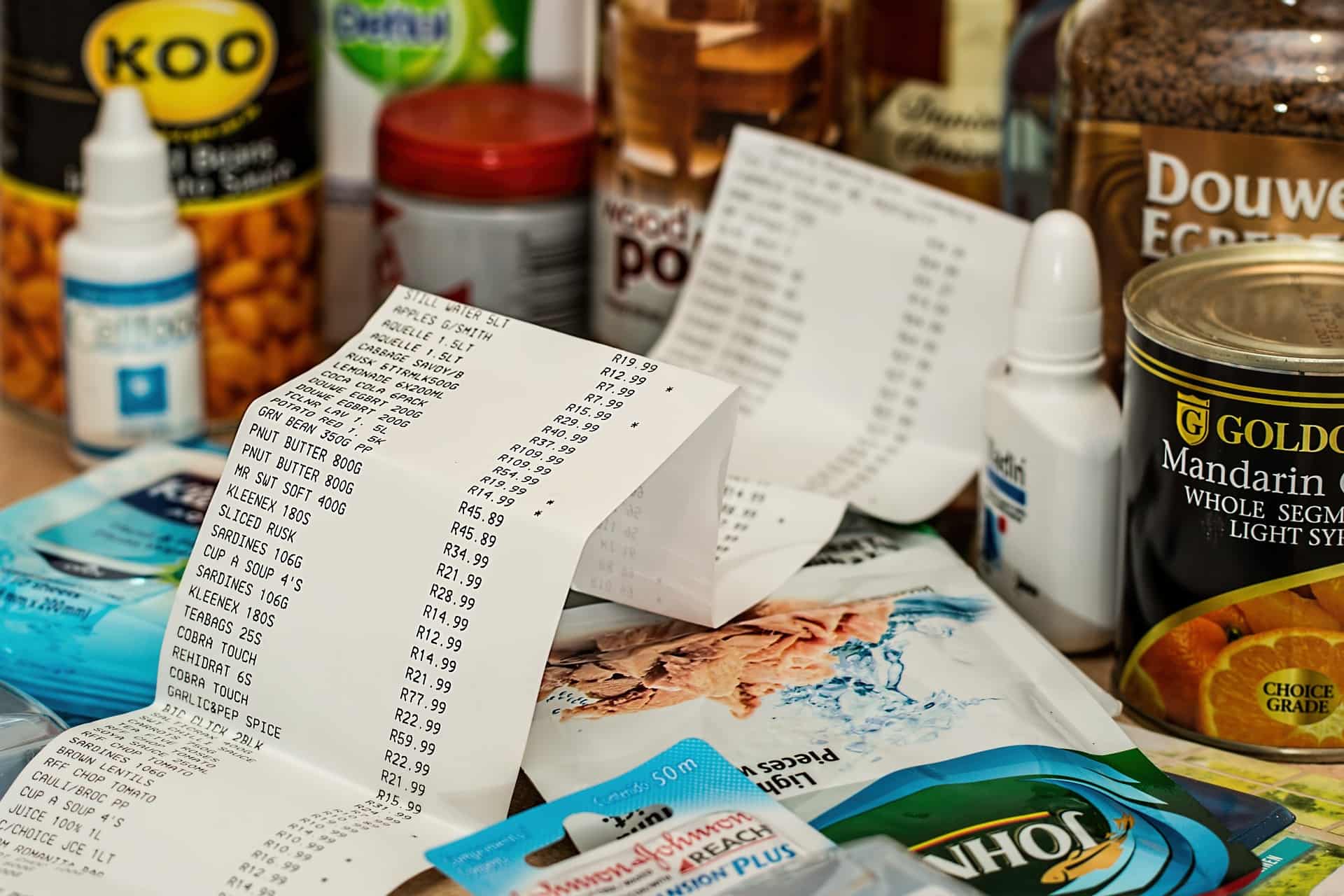Sydney-based legal graduate. Formerly Legal Intern at Lawpath.
Imagine walking through the aisles of your local supermarket and seeing rolls of toilet paper nearly tripe their normal price. Sound familiar? Price gouging became the norm during the COVID-19 pandemic, and as panic buying ebbs and flows as we continue through 2020, it does not seem to be going anywhere anytime soon. Whether you’re a business owner or consumer, it is important to be across this term and its legality, especially in our current social climate.
What is Price Gouging?
Price gouging is the act of raising prices on essential items during a disaster in a way that is unreasonable. As stated in the definition, price gouging is prevalent during natural disasters, health crises and other emergencies. The reason it occurs is that certain items such as face masks, non-perishable foods (canned food) or petrol are in high demand, while the business does not have enough supply. Hence, in order for them to receive more stock of that particular product, they may be paying more for it to be delivered. This could be due to delays in shipping due to the disaster or purchasing supplies from further away. All of this could play a part in a price rise.
Is Price Gouging Illegal?
Although some may find price gouging unfair, generally, it is not illegal, according to the Australian Competition and Consumer Commission. However, if a business makes misleading claims regarding the reason for the price increase, they will be in breach of Australian Consumer Law. Additionally, if there is a major increase in price, they may be subject to unconscionable conduct.
Benefits
You might be asking yourself, how could there possibly be any benefits to price gouging? Is it not unfair to raise prices in times of need? However, economists believe that there raising prices in during a crisis could actually be beneficial.
- The first benefit is that it discourages hoarding. As we are all aware, toilet paper flew off the shelves during the peak of the pandemic earlier this year. Major supermarkets placed limits on the number of rolls you could buy and stories of fights in the aisles circulated. However, issues such as this, where people were buying large quantities of goods, leaving nothing behind for others became problematic. Hence, an increase in the price of popular goods could prevent people from hoarding necessities.
- This extends from the previous point, whereby price increases allow resources to be better allocated. Further helping to determine who gets what rather than first come first serve, for example.
- Lastly, economists also found that increasing prices during a disaster is good because it moves resources where they are needed. As suppliers work hard to deliver a high number of goods, there will eventually be an oversupply, or demand will decrease. This, in turn, will stabilise the price.
Disadvantages
Along with the benefits of price gouging, there are obvious disadvantages that follow suit.
- The first disadvantage of price increases is that it can ruin a businesses reputation. This is especially true if you have loyal customers who rely on your business for their everyday needs. For example, if you raise the price of rakes the day after a huge windstorm, customers will get angry and take their business elsewhere. Later down the track, after the crisis has settled, customers may remain hesitant to return and continue purchasing from that business.
- A key reason why a lot of people find price gouging negative is that it can be considered unfair. If someone cannot afford an item because it has increased in price does not mean they need it any less than someone who can afford it. Hence, people who are facing financial struggle, especially in a crisis such as COVID-19, could be left without essentials.
Conclusion
Price gouging is generally not an illegal practice. In many cases, increasing the price of essentials can prevent hoarding and distribute resources effectively. However, it can also lead to possibly damaging brand reputation, unfairness and potential unconscionable conduct. If you have any further questions or require assistance, speaker to a consumer lawyer.






